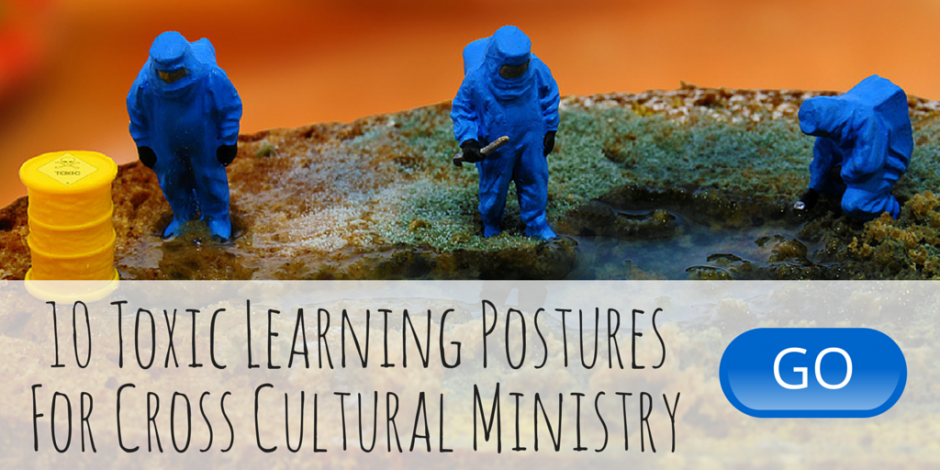Multiethnic Ministry is not easy.
Cultural misunderstandings, miscommunications and prejudice abound. We are broken, selfish, sinful people. There are so many temptations and pitfalls that can lead to broken trust, broken relationships and broken ministries.
There are no silver bullets when it comes to multiethnic ministry (really any ministry for that matter), but the Great Lakes West region of InterVarsity has compiled an extremely helpful list of ten healthy postures that can put us in the position for learning, growing and moving forward together in Cross Cultural Ministry:
- Listen: I focus on understanding what you are telling me even though I am probably having many feelings about what you are saying that could impact my ability to listen.
- Ask questions: I ask questions to make sure that I understand your reaction.
- Proactively seek to learn: I read. I attend workshops. I talk with other friends from different backgrounds.
- Receive feedback as a gift: I understand that when someone offers me feedback so that I can become more conscious of my role in maintaining social injustice, it is a gift not to be taken lightly. I welcome the information and believe it to my benefit to receive it.
- Let go of unproductive reactions: I notice and let go of feelings of defensiveness, embarrassment, anger, guilt, or shame that interfere with my ability to listen to what you have to say.
- Take a new perspective: I try to look at things from your perspective. I try to understand your perspective by thinking about one of my own target group memberships.
- Problem-solve: I take responsibility for identifying way that I might change my actions. I do not assume that you should or will help me.
- Integrate new behavior: I choose different behaviors in the future because I believe it is important for me to do so, not just because I am afraid of being confronted again.
- Apologize: I will accept responsibility for my actions, ask for forgiveness and seek to make things right, not just because I was “caught” or because it hurt your feelings.
- Stay engaged: I won’t walk away when things get hard. I will stay at the table. I am committed to you, our community and the hard word of reconciliation.
For Reflection/Application
- Which of these postures come the most naturally to you? Which of these do you need to proactively work on?
- What about your community: which of these postures do you see on a regular basis? Which postures are absent?
Whether your experience in cross cultural ministry has been perfectly smooth or filled lots of bumps/bruises, by cultivating these postures of learning, we will begin to see God work in and through our multiethnic communities in fresh ways.



